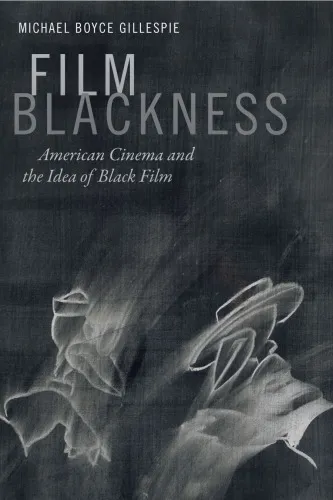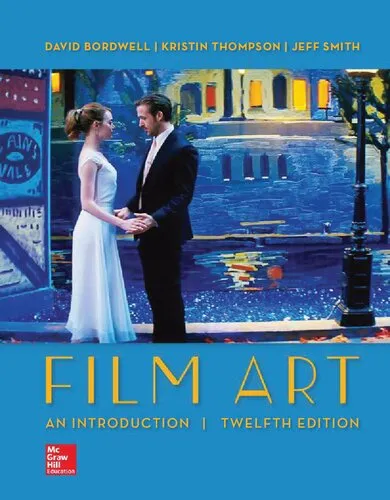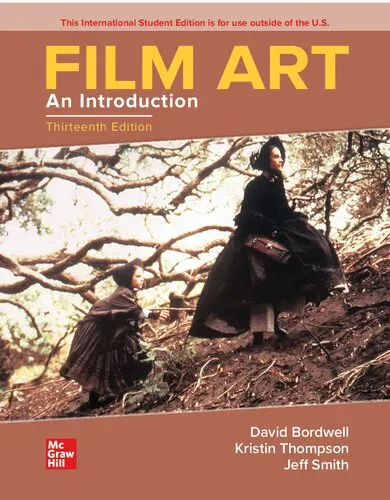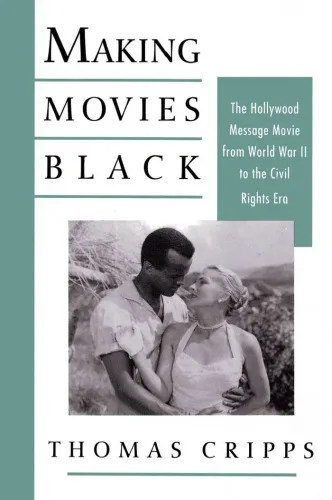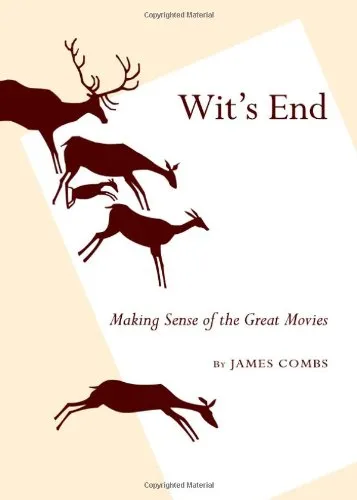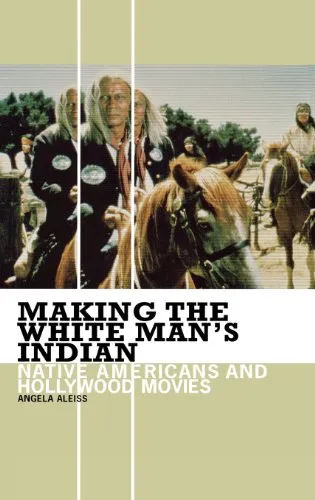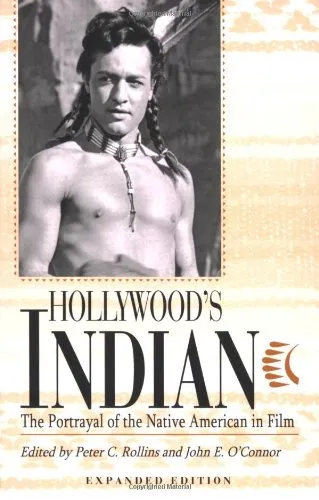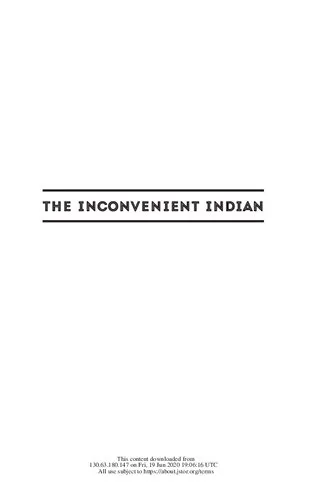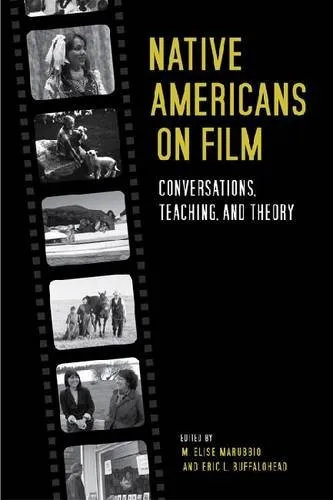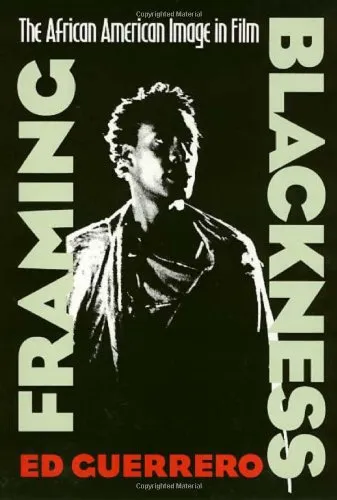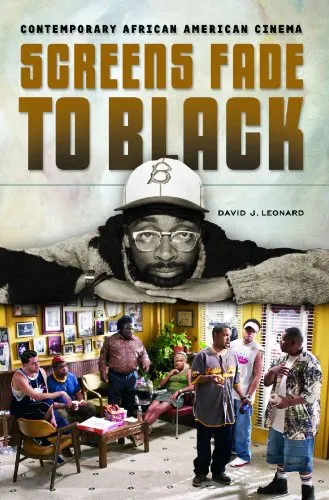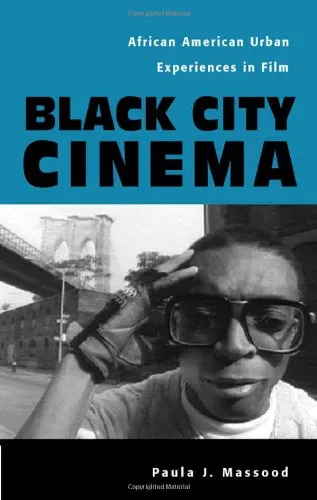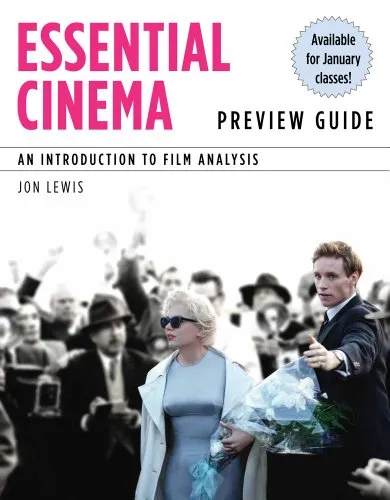Film Blackness : American Cinema and the Idea of Black Film
4.9
Reviews from our users

You Can Ask your questions from this book's AI after Login
Each download or ask from book AI costs 2 points. To earn more free points, please visit the Points Guide Page and complete some valuable actions.Related Refrences:
In Film Blackness Michael Boyce Gillespie shifts the ways we think about black film, treating it not as a category, a genre, or strictly a representation of the black experience but as a visual negotiation between film as art and the discursivity of race. Gillespie challenges expectations that black film can or should represent the reality of black life or provide answers to social problems. Instead, he frames black film alongside literature, music, art, photography, and new media, treating it as an interdisciplinary form that enacts black visual and expressive culture. Gillespie discusses the racial grotesque in Ralph Bakshi's Coonskin (1975), black performativity in Wendell B. Harris Jr.'s Chameleon Street (1989), blackness and noir in Bill Duke's Deep Cover (1992), and how place and desire impact blackness in Barry Jenkins's Medicine for Melancholy (2008). Considering how each film represents a distinct conception of the relationship between race and cinema, Gillespie recasts the idea of black film and poses new paradigms for genre, narrative, aesthetics, historiography, and intertextuality.
Michael Boyce Gillespie is Associate Professor of Film in the Department of Media and Communication Arts and the Black Studies Program at the City College of New York, City University of New York.
Reviews:
"This astonishingly comprehensive, compact book does nothing less than synthesize nearly the entirety of thought to date on black cinema, blackness in the cinema, and scholarship in this vital area of film studies. . . . Essential. Upper-division undergraduates through professionals."
— G. A. Foster, Choice
"Gillespie calibrates a series of agile and fine-grained analyses that draw upon a breadth of disciplines and methods encompassing film historiography, critical geography, debates in black film theory, questions of genre and narratology, performativity, and the business of film distribution. . . . While Film Blackness is specifically pitched to existing conversations in film and media studies, the discursivity of blackness Gillespie articulates has far-ranging implications to black cultural production across media." — Iggy Cortez, ASAP Journal
Free Direct Download
You Can Download this book after Login
Accessing books through legal platforms and public libraries not only supports the rights of authors and publishers but also contributes to the sustainability of reading culture. Before downloading, please take a moment to consider these options.
Find this book on other platforms:
WorldCat helps you find books in libraries worldwide.
See ratings, reviews, and discussions on Goodreads.
Find and buy rare or used books on AbeBooks.
1397
بازدید4.9
امتیاز0
نظر98%
رضایتReviews:
4.9
Based on 0 users review
Questions & Answers
Ask questions about this book or help others by answering
Please login to ask a question
No questions yet. Be the first to ask!
